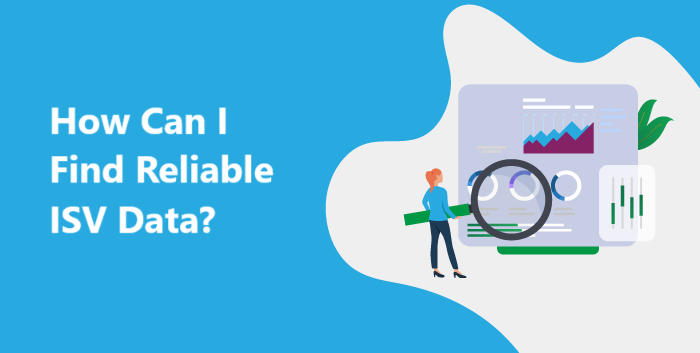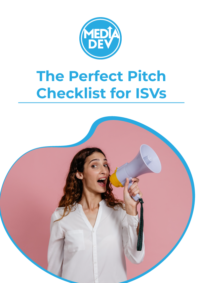Some ISVs adopt an indirect sales model to take their products to market. This enables a channel of value-added resellers (VARs) to offer your application to their customers, assist with implementation, and possibly provide complementary software, hardware and infrastructure to build a total solution.
Reseller channels, however, aren’t the correct strategy for all ISVs, depending on your business’ organization, the types of products you sell, and your in-house resources. Consider these lists of benefits and pitfalls to determine if a channel is the right strategy for your business.
3 Benefits of Selling Through a Channel
- Expanded reach
The best VARs for your channel will have an established client base within your market, and they will understand their clients and their industry well enough to effectively articulate the value of your application. If you work with VARs in different parts of the country, you will also gain the advantage of face-to-face meetings with prospects to discuss your application, which probably isn’t possible with only your current sales team.
- Lower sales and marketing costs
A channel promoting your products will lower your costs for sales and marketing. They will help get the word out about your products on their websites, through email marketing and on social media. You can have fewer employees on your payroll, eg a channel manager instead of multiple members of a sales team, but make a larger impact.
- Increased revenue
By expanding your reach and reaching more prospects, your ISV business should see a bump in revenues. For Software-as-a-Service products, this can mean a growing stream of monthly revenue.
5 Channel Pitfalls to Avoid
Although a reseller channel can be beneficial to an ISV business, there are some common mistakes you need to avoid or risk limiting the growth of channel sales:
- Channel conflict
If you will sell directly to users as well as take products to market through resellers, it’s possible that you could find yourself in competition with your channel partners. Establish clear lines that you will not cross, such as geographic boundaries or opportunity size, so you and your resellers aren’t attempting to sell to the same prospects.
- Minimal margin for partners
VARs need to maximize their revenues and profits. If selling your application means the VAR will receive only a small percentage of the sale, it’s likely that they’ll be looking for other applications to offer their clients — even if they aren’t as feature-rich. Research your market to understand what other ISVs offer their reseller partners and make sure your agreement with VARs is as equally — or more — lucrative.
- No control of messaging and brand
ISVs sometimes leave marketing up to the VAR; however, this can result in inconsistent (or even inaccurate) messaging and brand confusion. Provide marketing materials or guidance to ensure your channel is representing your application and your brand appropriately.
- Inadequate support
Channel partners need technical support and training, but they also need other types of support to sell your application. Marketing, sales, call center, and other resources can help your channel close deals and provide service that will keep their customers — and your users — happy.
- Treating your channel like a sales team
Although you can leverage a channel to build sales and revenues, you need to remember that they are independent business owners and face their own challenges. It’s unrealistic to set a random goal that all resellers must meet and expect them to deliver. A better tactic is to establish effective communication with reseller partners, set realistic goals, and work toward a mutually beneficial partnership.
Start with a plan
Before you put the word out that you’re signing resellers, it’s vital to develop a detailed strategy for the best way to take your application to market and the role the channel will play. Once you set your course, you’ll be able to find resellers with the right experience and skills to help you achieve your goals.
You will also have a clearer picture of the training, technical and business support, and other resources you need to provide to help your channel partners be successful. For resellers who are fortunate enough to partner with an ISV with a clear vision, a well-thought-out channel strategy, and ample resources, success will be within reach.








